Dive into the depths of history with Abeka World History Test 11, an immersive journey that unveils the intricate tapestry of human civilization. From the dawn of time to the modern era, this test challenges you to navigate the annals of the past, unraveling the secrets of key events, influential figures, and the forces that have shaped our world.
Prepare to embark on an expedition through time, exploring the rise and fall of empires, the clash of cultures, and the profound impact of geography, economics, and social movements on the human experience. Along the way, you’ll encounter iconic historical figures, analyze primary sources, and develop a deeper understanding of the complexities of our shared past.
Historical Events and Eras: Abeka World History Test 11
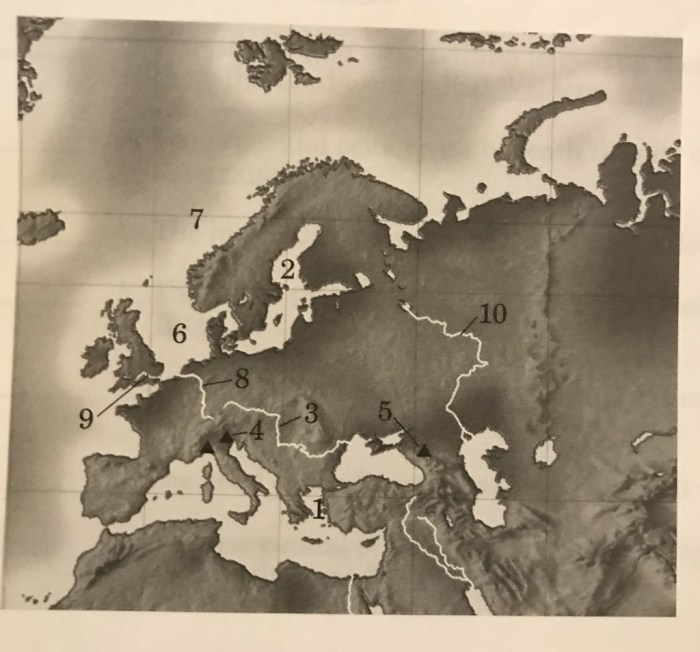
This test covers a wide range of historical events and eras, spanning from the ancient world to the modern era. By understanding these key events and periods, we can gain a deeper appreciation for the forces that have shaped our world and the complexities of human history.
Major Eras and Periods
World history can be divided into several major eras and periods, each characterized by distinct cultural, political, and economic developments.
- Ancient Era (c. 3000 BCE- 500 CE) : This era witnessed the rise of the first civilizations in Mesopotamia, Egypt, India, and China. It was a time of great innovation and cultural achievement, with the development of writing, mathematics, and monumental architecture.
- Medieval Era (c. 500- 1500 CE) : The medieval era saw the rise of Christianity and Islam, as well as the development of feudalism in Europe and the establishment of vast empires in Asia. It was a time of both great progress and conflict, with the Crusades and the Mongol invasions leaving a lasting impact on the world.
- Early Modern Era (c. 1500- 1800 CE) : This era was marked by the Renaissance and the Age of Exploration, which led to new discoveries and a global expansion of European influence. It was also a time of religious wars and revolutions, with the Protestant Reformation and the American Revolution shaping the political and social landscape.
- Modern Era (c. 1800- present) : The modern era has witnessed the Industrial Revolution, the rise of nation-states, and the development of new technologies that have transformed the way we live. It has also been a time of great conflict, with two world wars and numerous other wars and revolutions.
Key Historical Events
In addition to these major eras, the test also covers a number of key historical events that have had a profound impact on the course of human history.
- The Peloponnesian War (431- 404 BCE) : This war between Athens and Sparta was a turning point in Greek history, leading to the decline of Athenian power and the rise of Sparta.
- The Roman Empire (27 BCE- 476 CE) : The Roman Empire was one of the largest and most powerful empires in history, spanning across Europe, North Africa, and the Middle East. Its legacy continues to shape the world today.
- The Mongol Conquests (13th century CE): The Mongol conquests led by Genghis Khan and his successors created the largest contiguous empire in history, stretching from China to Eastern Europe.
- The Renaissance (14th- 16th centuries CE) : The Renaissance was a period of great cultural and intellectual rebirth in Europe, characterized by a renewed interest in classical learning and the arts.
- The American Revolution (1775- 1783) : The American Revolution was a successful war of independence fought by the American colonies against British rule, resulting in the establishment of the United States of America.
- The French Revolution (1789- 1799) : The French Revolution was a period of radical social and political change in France, leading to the overthrow of the monarchy and the establishment of a republic.
- The Industrial Revolution (18th- 19th centuries CE) : The Industrial Revolution was a period of rapid technological and economic change, leading to the development of new industries and the transformation of societies.
- The World Wars (20th century CE): The two world wars were global conflicts that had a devastating impact on the world, leading to the deaths of millions and the redrawing of political boundaries.
Key Figures and Movements
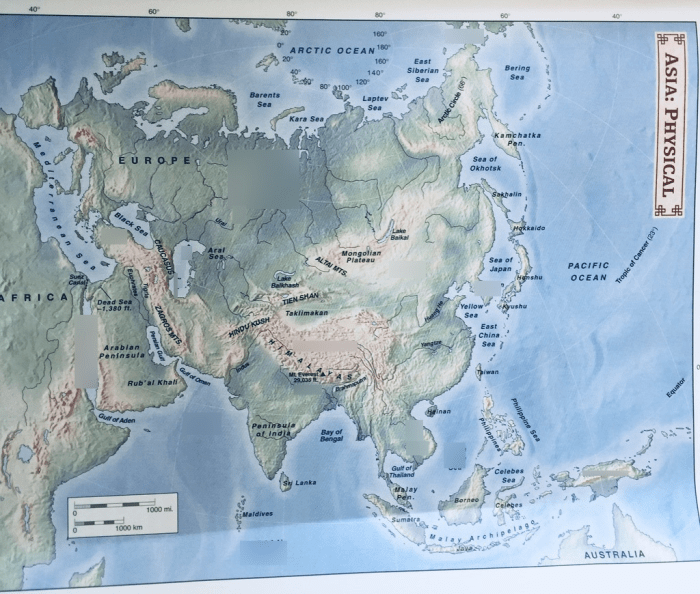
Throughout history, individuals and movements have played pivotal roles in shaping the course of world events. From visionary leaders to social reformers, their contributions have left an enduring legacy on human civilization.
Individuals, with their charisma, leadership, and determination, have often sparked transformative changes. They have inspired revolutions, founded empires, and advanced scientific and cultural frontiers. Movements, on the other hand, have mobilized collective action and driven social, political, and economic transformations.
Important Historical Figures
- Alexander the Great: A Macedonian king who conquered vast territories, spreading Greek culture and ideas.
- Julius Caesar: A Roman general and statesman who played a pivotal role in the fall of the Roman Republic and the rise of the Roman Empire.
- Muhammad: The founder of Islam, whose teachings have shaped the lives of millions of people worldwide.
- Leonardo da Vinci: A Renaissance artist, scientist, and inventor who made significant contributions to art, science, and engineering.
- Albert Einstein: A physicist who revolutionized our understanding of space, time, and gravity.
Major Movements
In addition to the impact of individuals, movements have also played a crucial role in shaping history.
- The Enlightenment: A European intellectual movement that emphasized reason, logic, and the scientific method.
- The Industrial Revolution: A period of rapid technological and economic change that transformed societies worldwide.
- The French Revolution: A political and social upheaval that overthrew the French monarchy and established a republic.
- The American Revolution: A war for independence that led to the formation of the United States of America.
- The Civil Rights Movement: A nonviolent movement that fought for equal rights for African Americans in the United States.
These figures and movements, among many others, have left an indelible mark on world history. Their actions, ideas, and beliefs have shaped the societies we live in today and continue to inspire and influence us.
Geographic Influences
Geography has significantly influenced the course of human history, shaping the development of civilizations and the interactions between different cultures.Geographic factors such as climate, resources, and natural barriers have played a crucial role in determining where and how humans have settled and thrived.
Favorable climates and access to resources, such as fertile land and water, have attracted populations and facilitated the growth of agriculture and trade. Conversely, harsh climates and natural barriers, such as mountains and deserts, have hindered human settlement and connectivity.
Climate
Climate has a profound impact on human history. Temperate climates with ample rainfall and moderate temperatures have been conducive to the development of large-scale agriculture, supporting dense populations and the rise of civilizations. In contrast, extreme climates, such as those found in deserts and polar regions, have posed significant challenges for human survival and hindered the establishment of permanent settlements.
Resources
The availability of natural resources has also been a major factor in shaping human history. Access to fertile land, water, and minerals has been essential for the development of agriculture, industry, and trade. Civilizations that controlled key resources have often gained economic and political power, while those lacking resources have faced challenges in sustaining their populations.
Natural Barriers, Abeka world history test 11
Natural barriers, such as mountains, rivers, and oceans, have influenced human history by both separating and connecting populations. Mountains have acted as barriers to communication and trade, leading to the development of distinct cultures and languages. Rivers and oceans, on the other hand, have served as routes for transportation and trade, facilitating cultural exchange and the spread of ideas.
Social and Cultural Developments
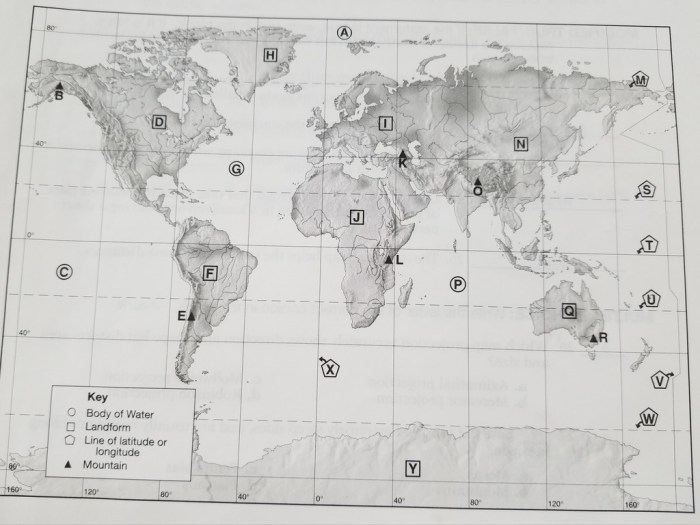
Throughout history, societies have undergone profound social and cultural changes that have shaped their identities and trajectories. These transformations have encompassed the development of religions, philosophies, and art forms, all of which have had a profound impact on human societies.
Religions and Philosophies
Religions have played a pivotal role in shaping human history. They have provided moral frameworks, inspired artistic and intellectual endeavors, and fostered social cohesion. From the ancient polytheistic beliefs of Mesopotamia to the monotheistic teachings of Judaism, Christianity, and Islam, religions have influenced societies in myriad ways.
Philosophies, too, have profoundly shaped human thought. Greek philosophers such as Socrates, Plato, and Aristotle developed ideas that laid the foundation for Western intellectual tradition. Eastern philosophies, such as Confucianism, Taoism, and Buddhism, have also had a profound impact on societies across Asia.
Art Forms
Art forms have served as a powerful means of expression and communication throughout history. From the cave paintings of Lascaux to the masterpieces of the Renaissance, art has captured the human experience in all its complexity.
Art forms have also played a significant role in shaping cultural identities. The traditional music of India, for example, reflects the country’s rich cultural heritage. Similarly, the vibrant colors and patterns of African textiles showcase the creativity and artistry of the continent.
Social and Cultural Factors Shaping Human Societies
Social and cultural factors have had a profound impact on the development of human societies. These factors include family structures, gender roles, educational systems, and economic systems.
For example, the patriarchal family structure, common in many societies, has influenced the division of labor and the roles of men and women. Similarly, the development of formal educational systems has contributed to the spread of knowledge and the advancement of societies.
Economic Systems and Trade
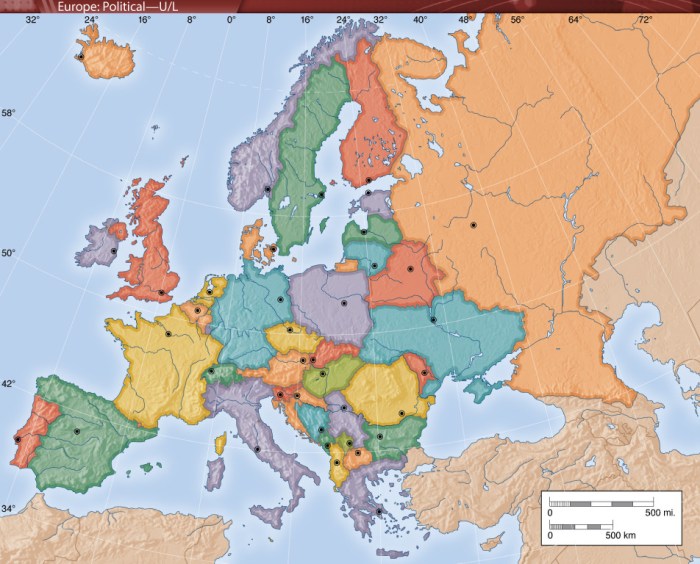
Throughout history, various economic systems have shaped human societies, each with distinct characteristics and implications for trade and commerce. These systems have played a pivotal role in shaping world history, influencing political and social developments, and fostering economic growth and prosperity.
Trade and commerce have been central to the evolution of human civilization, connecting people across vast distances and facilitating the exchange of goods, ideas, and technologies. The role of trade has been instrumental in shaping cultural identities, promoting economic interdependence, and driving technological advancements.
Types of Economic Systems
Different economic systems have emerged over time, each with its unique set of principles and mechanisms for allocating resources and distributing goods and services. Some of the most prominent economic systems include:
- Traditional Economic Systems:Based on customs and traditions, these systems rely on communal ownership of resources and production.
- Command Economic Systems:Centralized planning by a government authority determines production, distribution, and prices.
- Market Economic Systems:Private individuals and firms make economic decisions based on supply and demand, with minimal government intervention.
- Mixed Economic Systems:A combination of market and command elements, with varying degrees of government involvement in the economy.
Impact of Economic Factors on Political and Social Developments
Economic factors have had a profound impact on political and social developments throughout history. Economic inequality, resource scarcity, and trade disputes have often been catalysts for political unrest, revolutions, and wars.
- Economic Inequality:Disparities in wealth and income can lead to social tensions, political instability, and the rise of populist movements.
- Resource Scarcity:Competition for limited resources, such as land, water, and energy, can trigger conflicts and shape political alliances.
- Trade Disputes:Conflicts over trade policies, tariffs, and market access can strain international relations and lead to economic sanctions or even military confrontations.
Political and Military Conflicts
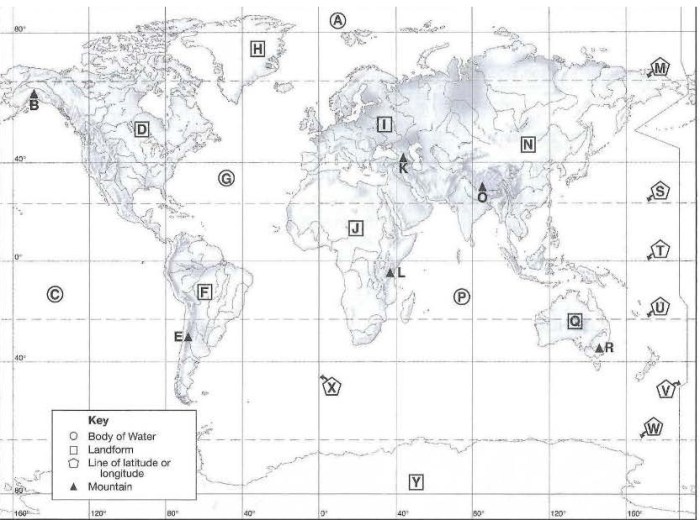
Throughout history, political and military conflicts have played a pivotal role in shaping the course of civilizations. These conflicts arise from a complex interplay of political, economic, social, and ideological factors, leading to profound consequences for societies and individuals alike.
The causes of major conflicts are often rooted in territorial disputes, ideological differences, or economic competition. Wars can be fought for control of resources, expansion of empires, or the assertion of national identity. The strategies and tactics employed in warfare have evolved over time, reflecting technological advancements and changes in military doctrines.
Studying for the Abeka World History Test 11? Take a break and explore the intriguing short story Woolf the Mark on the Wall . Its thought-provoking themes and vivid imagery will provide a refreshing diversion before you dive back into the complexities of world history.
Impact of War on Societies and Individuals
War has a profound impact on societies and individuals. It can lead to widespread destruction, loss of life, and displacement of populations. The economic costs of war are often immense, as resources are diverted from productive activities to fund military campaigns.
The social fabric of communities can be torn apart by conflict, and individuals may suffer from physical and psychological trauma.
War can also have long-term consequences for societies. It can lead to the rise of authoritarian regimes, the erosion of civil liberties, and the spread of violence. The psychological scars of war can linger for generations, affecting the mental health and well-being of individuals and communities.
Historical Sources and Interpretations
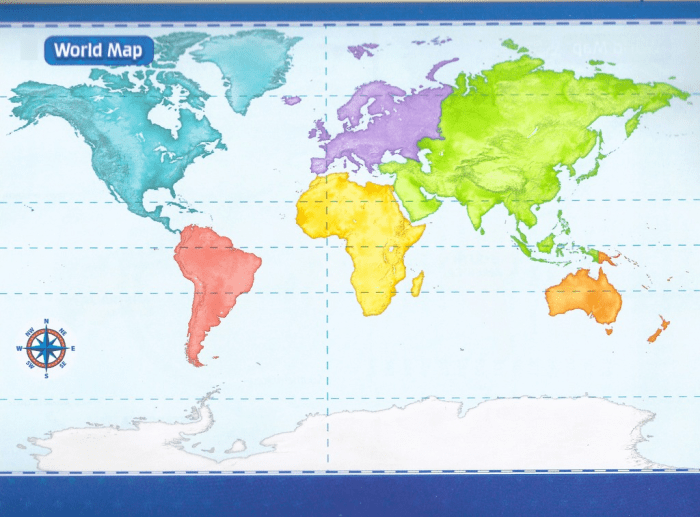
Historical sources provide a glimpse into the past, allowing us to reconstruct events and understand different perspectives. These sources include written documents, artifacts, and oral traditions.
Historians analyze these sources to interpret historical events. They consider the context in which the source was created, the author’s biases, and the limitations of the source itself.
Types of Historical Sources
- Written Documents:Letters, diaries, newspapers, government records, and literary works provide valuable insights into the past.
- Artifacts:Physical objects, such as tools, weapons, and clothing, offer tangible evidence of past societies.
- Oral Traditions:Stories, songs, and legends passed down through generations can provide cultural and historical information.
Interpreting Historical Sources
Historians interpret sources by considering their:
- Context:The time and place in which the source was created can influence its content and meaning.
- Author’s Bias:The author’s perspective, beliefs, and motivations can affect the accuracy and objectivity of the source.
- Limitations:Sources may be incomplete, damaged, or biased, which can limit their usefulness.
Biases and Limitations of Historical Sources
Historical sources are not always reliable or unbiased. Biases can arise from:
- Personal Perspectives:Authors may have personal or political agendas that influence their writing.
- Cultural Norms:Cultural beliefs and values can shape how events are recorded and interpreted.
- Incomplete Information:Sources may not provide a complete picture of events due to missing or destroyed records.
Recognizing and understanding these biases and limitations is essential for historians to accurately interpret and use historical sources.
Study Strategies and Tips
Effective preparation for the World History Test 11 requires strategic studying and efficient note-taking. Here are some tips to enhance your understanding and improve your test performance.
Effective Note-Taking
- Utilize Different Note-Taking Methods:Employ a combination of methods like outlining, mapping, or Cornell notes to cater to your learning style and the subject matter.
- Organize Your Notes:Group related information together and use headings and subheadings to create a logical structure for easy retrieval.
- Use Color-Coding:Assign different colors to key concepts, dates, and terms to enhance visual recall and memory.
- Condense and Summarize:Rewrite notes in your own words, focusing on the main ideas and eliminating unnecessary details.
Memorization Techniques
- Spaced Repetition:Review your notes at increasing intervals to strengthen memory retention.
- Mnemonic Devices:Create acronyms, rhymes, or images to help you remember specific facts or concepts.
- Active Recall:Test yourself regularly by recalling information from memory without referring to your notes.
- Elaboration:Connect new information to existing knowledge and personal experiences to improve understanding and retention.
Historical Document Analysis
- Identify the Source:Determine the author, date, and purpose of the document to establish its credibility and bias.
- Analyze the Content:Examine the main arguments, evidence, and perspectives presented in the document.
- Consider the Context:Understand the historical context surrounding the document to interpret its significance and relevance.
- Draw Inferences:Make logical deductions based on the information provided in the document and your knowledge of the period.
FAQ
What is the format of the Abeka World History Test 11?
The test consists of multiple-choice questions, short answer questions, and essay questions that assess your understanding of key historical concepts, events, and figures.
How can I prepare for the Abeka World History Test 11?
Thoroughly review your textbooks, take practice tests, and seek guidance from your teacher or a tutor to ensure a comprehensive understanding of the subject matter.
What is the significance of studying world history?
World history provides a comprehensive perspective on the human experience, fostering an understanding of diverse cultures, the interconnectedness of events, and the lessons we can learn from the past to shape the future.